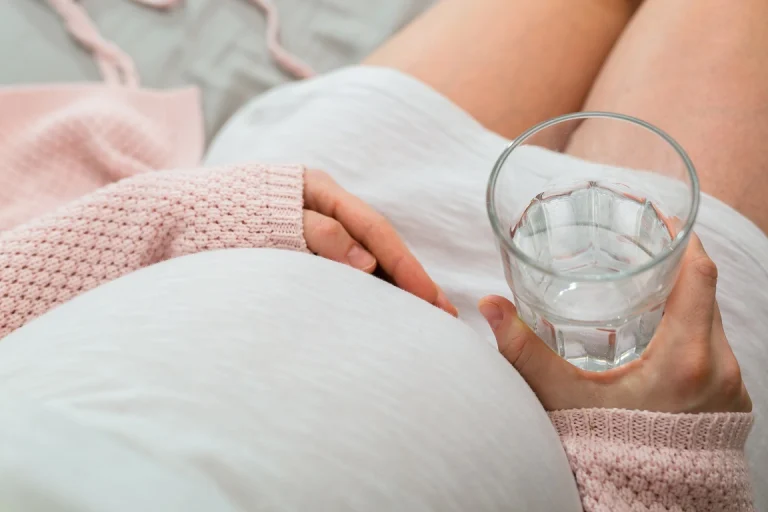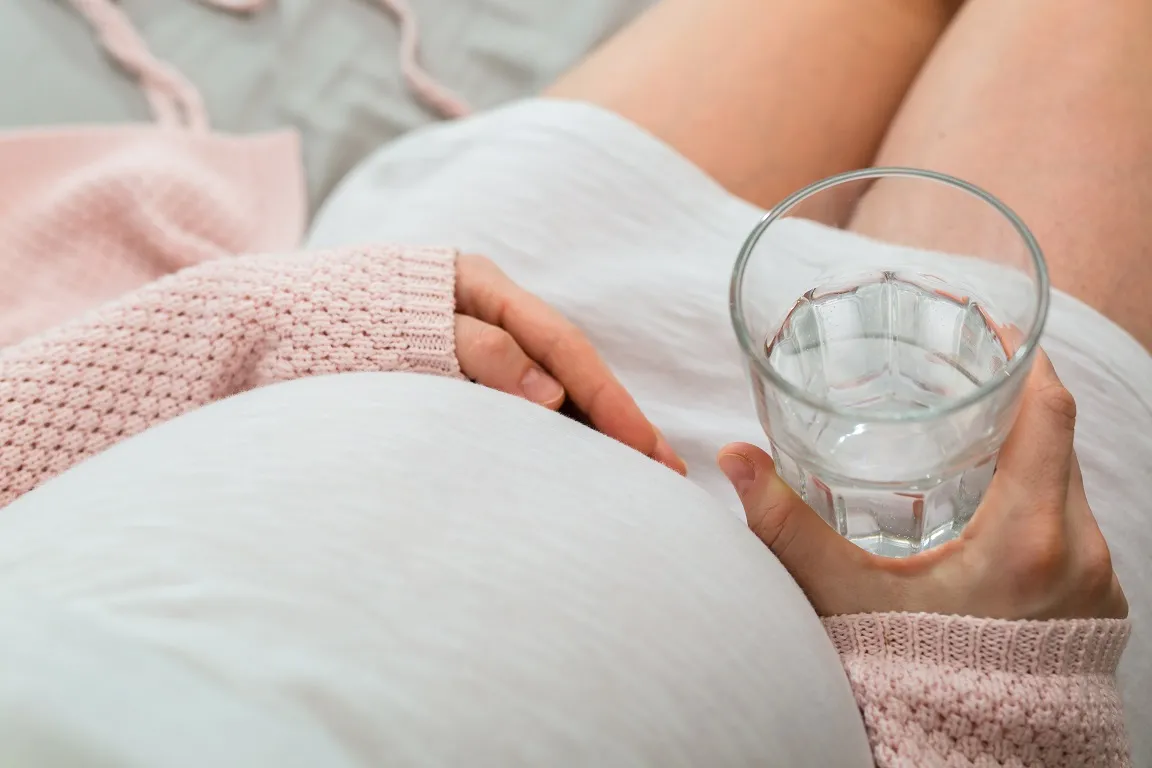Abdominal pain is always a cause for concern among pregnant women. This is because they can have different types of causes. However, mild conditions such as intestinal colic are also among them. What are the symptoms and management of intestinal colic in pregnancy?
What is intestinal colic?
Intestinal colic is the colloquial term for sudden pain in the mid-abdominal and epigastric regions most often caused by spasm of the intestinal muscles or excess gas in the intestines. Very often the term colic is used for a group of infants in whom it manifests itself as a tummy ache, vomiting or contracting of the legs. Intestinal colic in adults is usually a temporary condition and is not associated with serious complications. However, it is important to rule out other possible causes of abdominal pain.
What are the symptoms of intestinal colic in pregnancy?
Symptoms of intestinal colic in pregnancy usually include sudden spasmodic abdominal pain. It may be accompanied by vomiting or nausea, as well as a sense of abdominal bloating. Constipation may also occur.
The symptoms of intestinal colic are very vague. They can be associated with a number of different conditions, such as appendicitis, renal colic and HELLP syndrome. For this reason, if a mother-to-be is struggling with severe abdominal pain, she should immediately go to the emergency room to expand the diagnosis of the ailment.
Read more: Abdominal pain during pregnancy
How to treat intestinal colic in pregnancy?
When dealing with abdominal pain, the most important thing is to rule out the most serious causes of symptoms. If these are ruled out, it can be assumed that the abdominal pain is related to intestinal colic. In such a situation, many people are helped by lying down in the right position, having a bowel movement or bending their legs. A warm (but not hot) bath can also provide relief. Moms-to-be can take No-SPA or Paracetamol in case of pain.
To avoid similar symptoms, it is a good idea to take care of a well-balanced diet that contains fiber, and to minimize the number of bloating meals. Proper hydration is also very important.
Rate this article:











